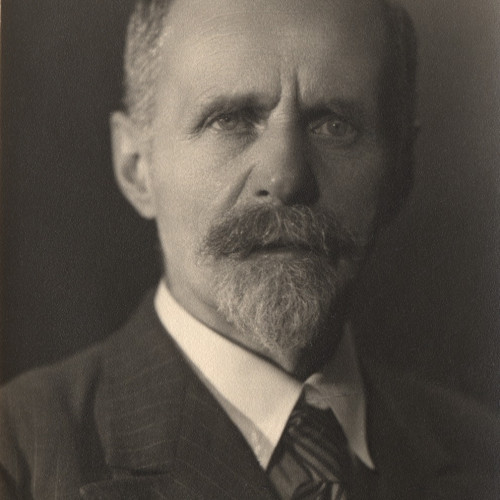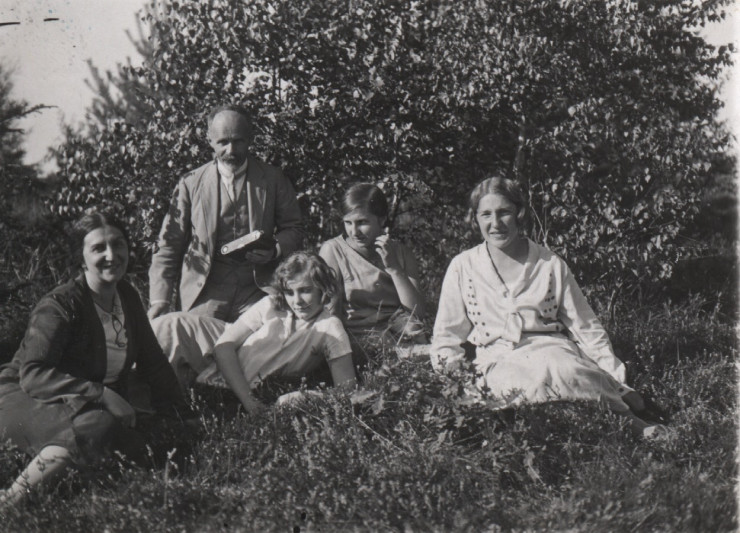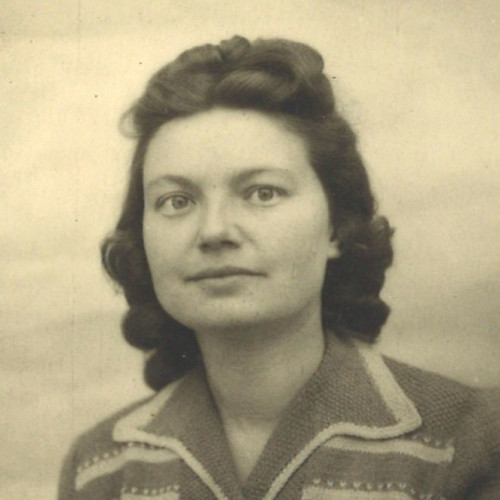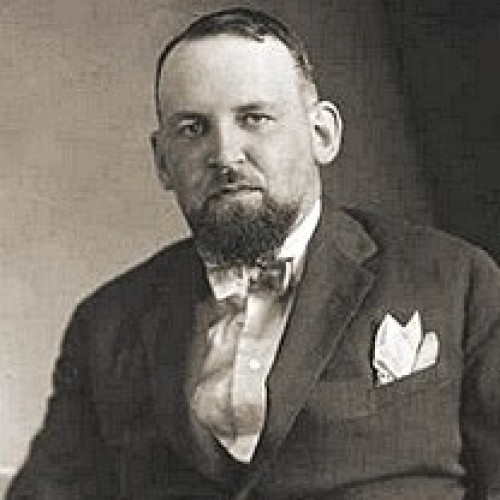prof. Władysław Konopczyński (1880—1952) - Instytut Pileckiego
prof. Władysław Konopczyński (1880—1952)
Awarded in 2019.

After the Warsaw Uprising, among the crowds expelled from the burning city were the family of a Polish-Jewish historian, Ludwik Widerszal. Konopczyński offered shelter in Młynik until the end of the war.
Before the Second World War, Władysław Konopczyński lectured at the Jagiellonian University. A prominent historian specializing in the modern period, author of Polski Słownik Biograficzny [Polish Biographical Dictionary], and MP of the Polish Parliament (I term), he was arrested on 6 November 1939 during the Intelligenzaktion — a German operation aimed at killing the Polish intelligentsia. He was imprisoned in Kraków, then Wrocław, and finally KL Sachsenhausen until February 1940. Released from the camp, he engaged in clandestine teaching. His family’s difficult financial situation in occupied Kraków caused him to spend much of his time on the estate in Młynik near Ojców.

In 1948, the communist authorities removed Konopczyński from the Jagiellonian University and a year later forced him to resign as the chief editor of Polski Słownik Biograficzny.
fot. Jan Mrozowski’s private collection
See also
- Maria Bazeluk (1903–1956)

awarded
Maria Bazeluk (1903–1956)
During the Second World War, she was living with her husband Petro Bazeluk and their three children near the village of Buteiky. The German policy that sought to take advantage of the dislike of Ukrainians for Poles was beginning to bear bloody fruit.
- Anna Jelínková (1918–2009)

awarded
Anna Jelínková (1918–2009)
During the war the Jelíneks saved more than 40 people: the Jewish families of Fischer and Fronk, the Polish family of Siekierski, Feliks Zubkiewicz, whose loved ones were killed by the Ukrainian Insurgent Army, and the Ukrainian family of Lutsyuk.
- Aleksander Ładoś (1891-1963)

awarded
Aleksander Ładoś (1891-1963)
He was the leader of the group which issued illegal Latin American passports to persecuted Jews. Ładoś gave the group diplomatic protection.


